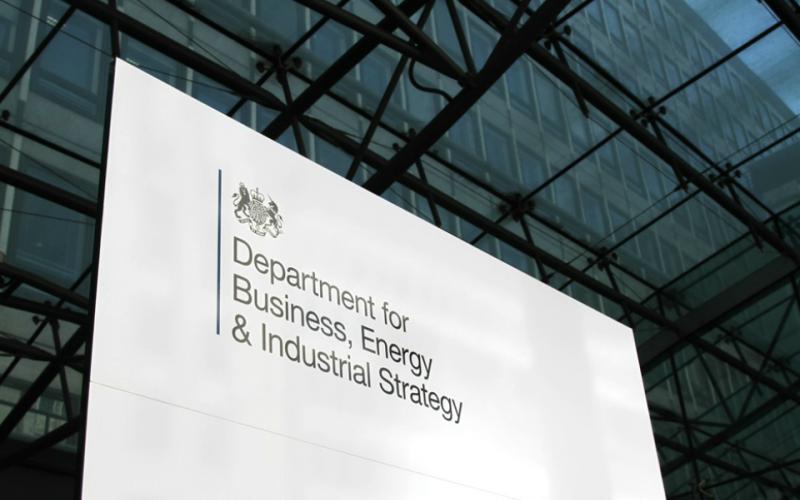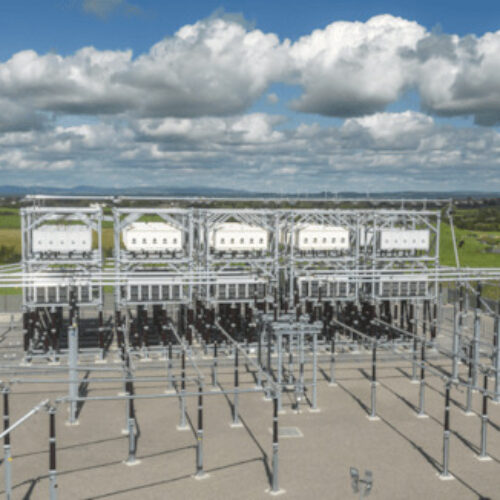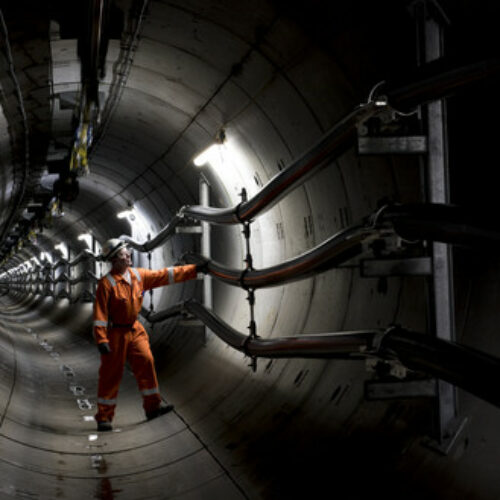Grants of £4,000 are to replace the domestic Renewable Heat Incentive (RHI), the government has announced as part of several heat proposals.
The Department for Business, Energy and Industrial Strategy (BEIS) has launched the ‘Future support for low carbon heat’ consultation, detailing its proposals for support mechanisms following the closure of both the domestic and non-domestic RHI.
It confirmed the non-domestic RHI is to close to new applicants on 31 March 2021, with a new mechanism, the Green Gas Support Scheme, set to provide future support.
Conversely, the domestic RHI is not going to close to new applicants until 31 March 2022, with its replacement – the Clean Heat Grant – taking effect in April 2022.
Support through the Clean Heat Grant is to be targeted at households and small non-domestic buildings to enable the installation of heat pumps and, BEIS said, biomass in limited circumstances. It is proposing that systems with a capacity of up to 45kW be eligible for the scheme. Hybrids, however, including hybrid heat pumps, will not be supported.
The Clean Heat Grant replaces the RHI’s tariff-based support in favour of a £4,000 grant, set at a flat rate over scaling with system size or changing across technology types.
This will “put the onus on the market” to find which technology is the most cost-effective for each property, BEIS said, adding that it expects that for the majority of applicants this will be air-source heat pumps.
The aim of the scheme is to help grow confidence in the technologies and supply chains and help address the barrier of upfront costs.
However, BEIS outlined that it has the right to review the grant levels in response to unforeseen market changes or “if uptake falls substantially outside the expected range”.
A capping system is also to be introduced as part of the scheme, with BEIS proposing quarterly grant windows that each have a budget cap to mitigate the risk of the budget being depleted more quickly than expected, the department said.
This mirrors the small-scale feed-in tariff for solar, which in 2018 had its tariff rate cut by 87% following huge uptake of the scheme and a capping system introduction.
BEIS is suggesting a voucher system for the delivery of the grant, which will be issued on a first come, first served basis.
Funding for the Clean Heat Grant has been committed for two years to March 2024, after which the scheme will close to new applications.
“Facing up to the trickier aspects of getting on track for the UK’s climate targets is vital if the government is to get net zero done,” Jess Ralston, analyst at the Energy and Climate Intelligence Unit, said.
“Grants to help with up-front costs of installing heat pumps will offer more certainty than schemes that repaid costs over years, while re-committing to energy efficiency spending is the minimum needed to make good on promises to cut carbon from British homes.”
The ‘Future support for low carbon heat’ consultation closes on 7 July 2020. BEIS is also to publish a consultation on proposals for a regulatory framework to deliver the commitments laid out in this consultation later this year.
Frank Gordon, head of policy for the Renewable Energy Association, described the announcements as a mixed bag.
“On the one hand, they have provided much welcomed clarity on the completion of projects currently underway, the prospect of new projects and the Government’s commitment to green gas.
“This is a step in the right direction for the sector, providing the certainty needed to increase investor confidence and deploy much needed renewable heat technology,” Gordon said, but added that not extending the non-domestic RHI and the “implications the cap on the future grant scheme will have” were disappointing.
The full consultation, including how to respond, can be found here.





